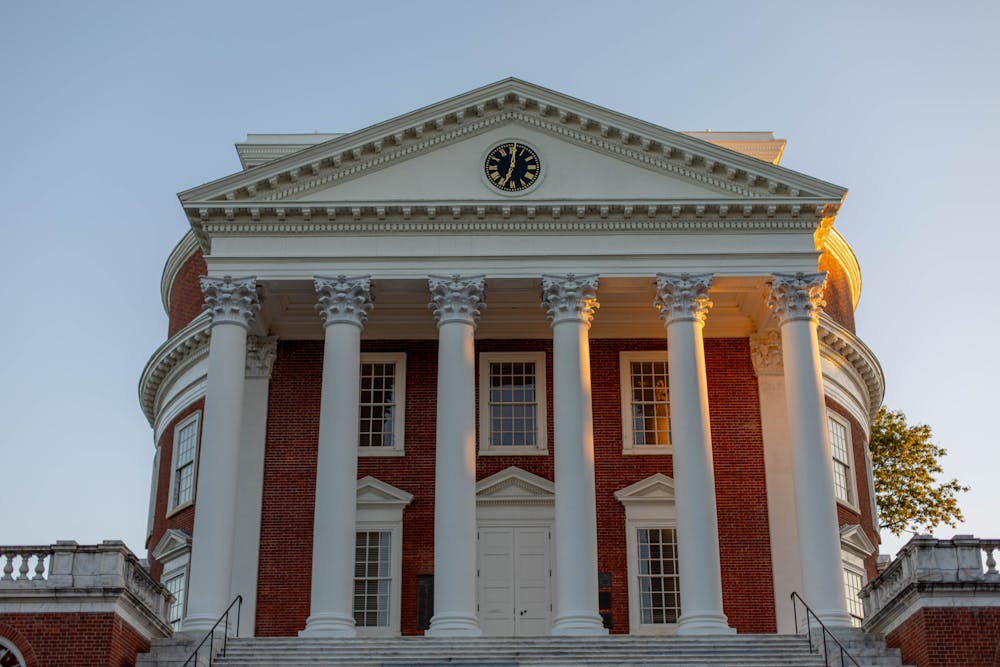In an email to the student body, Interim Dean of Students Cedric Rucker warned students of recent scam emails that pretend to offer recipients part-time work for the University, but instead steal their money. Deputy University Spokesperson Bethanie Glover said that — while several students have reported falling for the scams — the University is aware of two students who lost money as a result of the phishing emails.
The scam emails used University branding to offer false remote work positions as student assistants. Rucker said that the scammers would send a check then quickly ask the victim to send money back, who would later find out that the original check bounces or is otherwise unusable.
According to the Federal Trade Commission website, this form of phishing, aptly known as a “fake check scam,” often works because the checks look real, even to banks. Moreover, since they are often sent by an institution or person perceived as trustworthy, such as the University, recipients have no reason to question the legitimacy of the checks.
“Fake checks can take weeks to be discovered and untangled,” the commission says. “By that time, the scammer has any money you sent, and you’re stuck paying the money back to the bank.”
According to Glover, U.Va. Information Technology Services blocks malicious sites and quarantines hundreds of scam emails and messages every day that are detected by ITS or reported by community members. However, some scam emails still get through.
Rucker offered advice on how students can tell if an email is a scam, including verifying if the email is sent from a “virginia.edu” email address and seeing if the listing is on Handshake. He advised students not to respond to unsolicited emails offering part-time work and to report potential scams by forwarding suspicious email to abuse@virginia.edu.
For students looking to find legitimate part-time employment with the University, Rucker advised them to find jobs on Handshake, arrange an appointment at the career center or attend career fairs.







